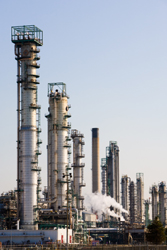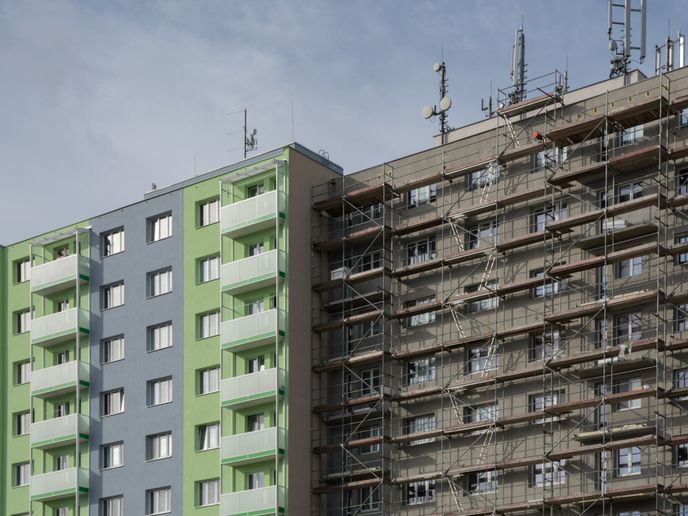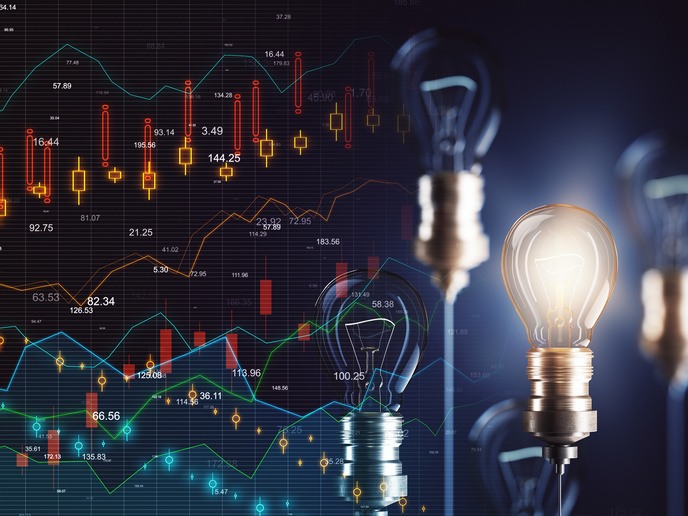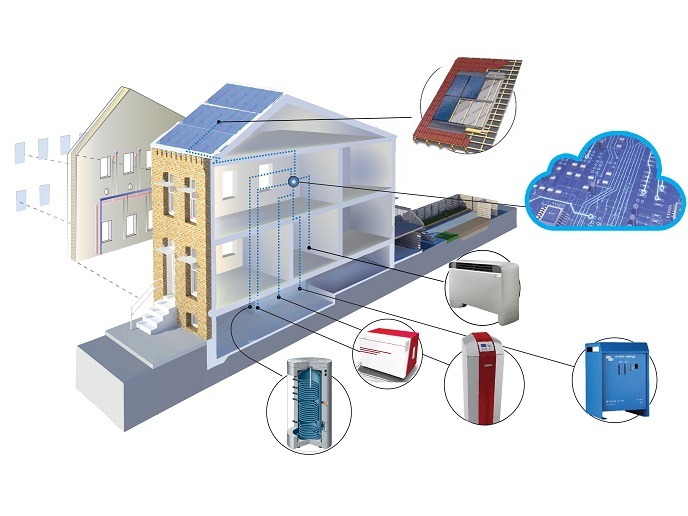Toward more socially responsible energy production
As part of a thematic network under the Fifth Framework Programme, the TRENDS-2 project aimed to meet European demands for sustainable, secure, safe and clean energy supplies. This involved the recognition and examination of significant challenges in the fields of quality, health, safety and environment. Stakeholders, decision-makers, operators and suppliers including SMEs and universities were brought together equally to face present and future challenges in these fields in relation to hydrocarbon energy production. A segment of this effort revolved around the notion of social responsibility and more specifically, the industry's tradition and goals in regards to Corporate social responsibility (CSR). The oil and gas industry was among the pioneers in CSR involvement and seeks total integration in daily business exchange. The management of CSR is beneficial as it equates to good risk management and supports both brand value and financial credibility. In relation to CSR, the oil and gas industry faced many hurdles. For instance, since it is an industry with great diversity in terms of its implementation, it was found that CSR is not properly formed throughout the entire supply chain. Furthermore it was discovered that although environmental reporting is well established, the same does not hold true for social performance. Since modern society is one of information and knowledge distribution, the public no longer accepts companies' closed door policies. In order to fill the gaps, meet the challenges and create the awareness necessary, several recommendations were considered. One of these involved learning through sharing of both successful and less successful cases. It was also suggested that reporting requirements become more locally relevant. The need for improved performance evaluation and increased stakeholder involvement were also taken into account.







